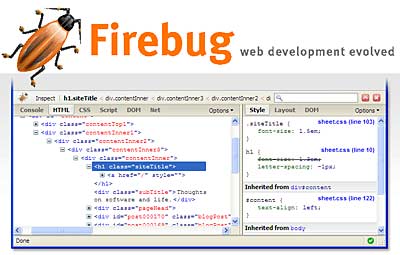The Google websearch team just announced that they will now consider the speed it takes for a website to load when ranking it in Google search results on google.com.
”Site speed is just one of over 200 signals Google uses to determine search ranking, and because it’s a new signal, it doesn’t carry as much weight as the relevance of a page. In fact, less than 1% of all search queries on google.com are affected by the site speed signal”.
This factor may not play a major role now, but in future web consider this factor is going to have a great impact on web search results as it seems, so now it’s the time for all the webmasters our their to start thinking about their site page speed.
Google indicates the page performance in webmasters.google.com and recommends the open-source Firefox/Firebug Add-on Page Speed. Webmasters and web developers can use Page Speed to evaluate the performance of their web pages and to get suggestions on how to improve them.
Page Speed performs several tests on a site’s web server configuration and front-end code. These tests are based on a set of best practices known to enhance web page performance. Webmasters who run Page Speed on their pages get a set of scores for each page, as well as helpful suggestions on how to improve its performance.
14 rules for faster-loading web sites are described on the companion website of Steve Souders. These rules hev been tested on some of the most popular sites on the Internet and have successfully reduced the response times of those pages by 25-50%.

